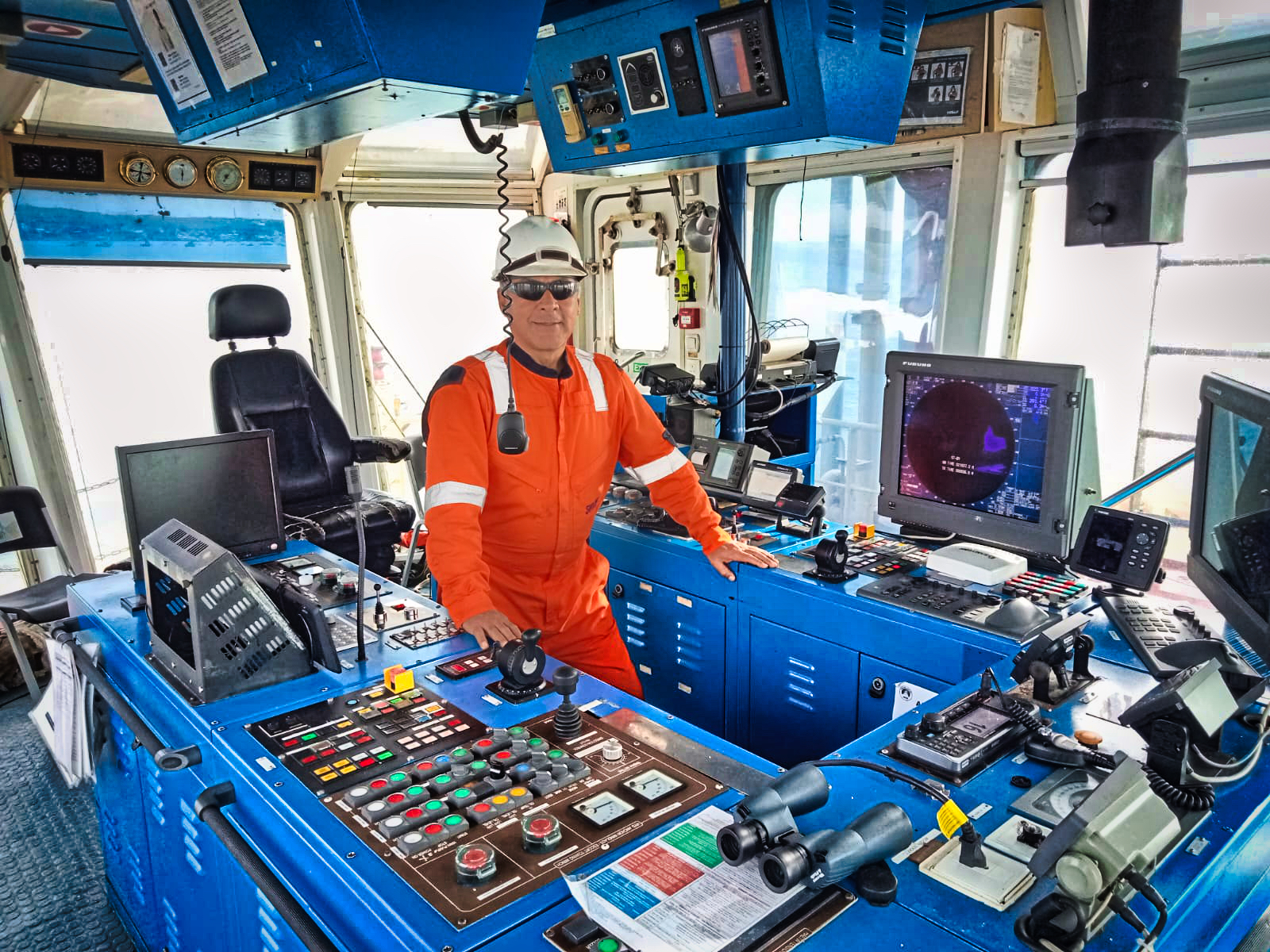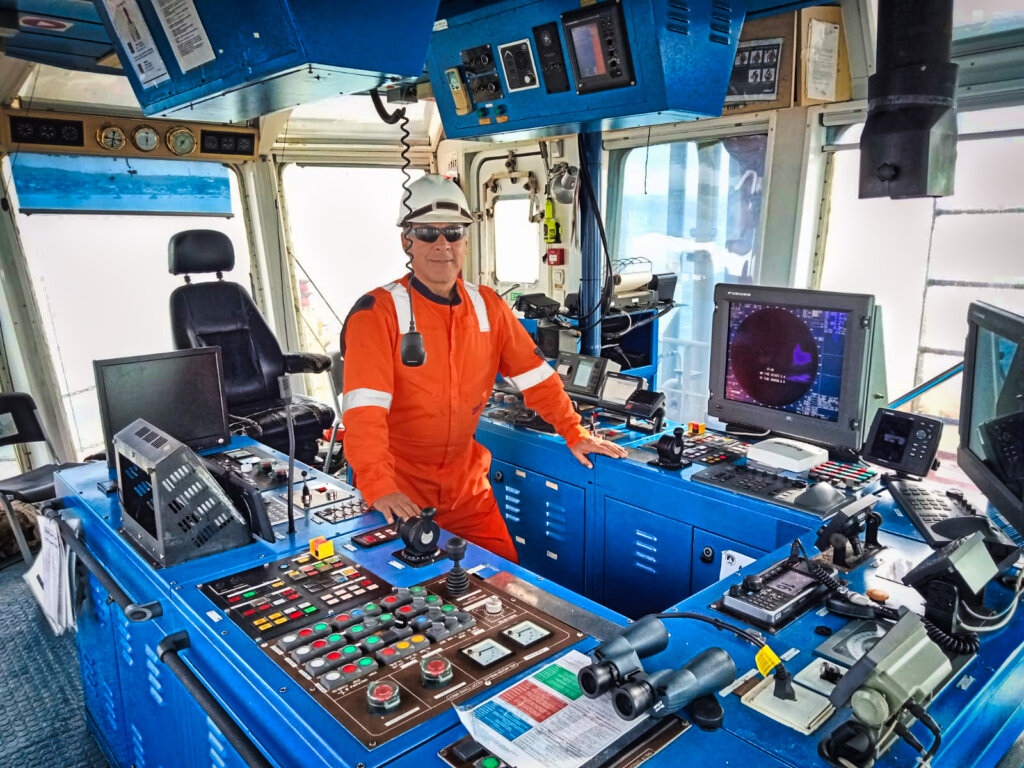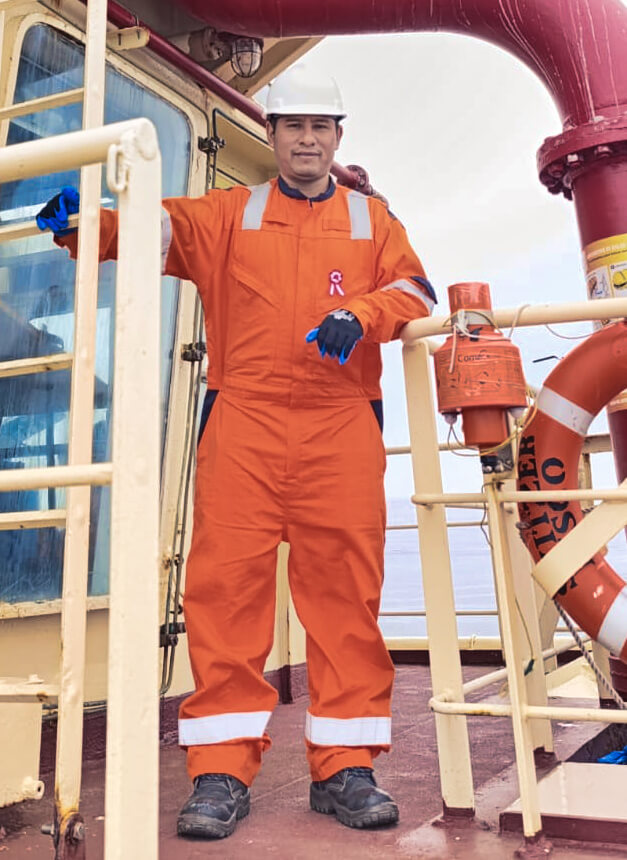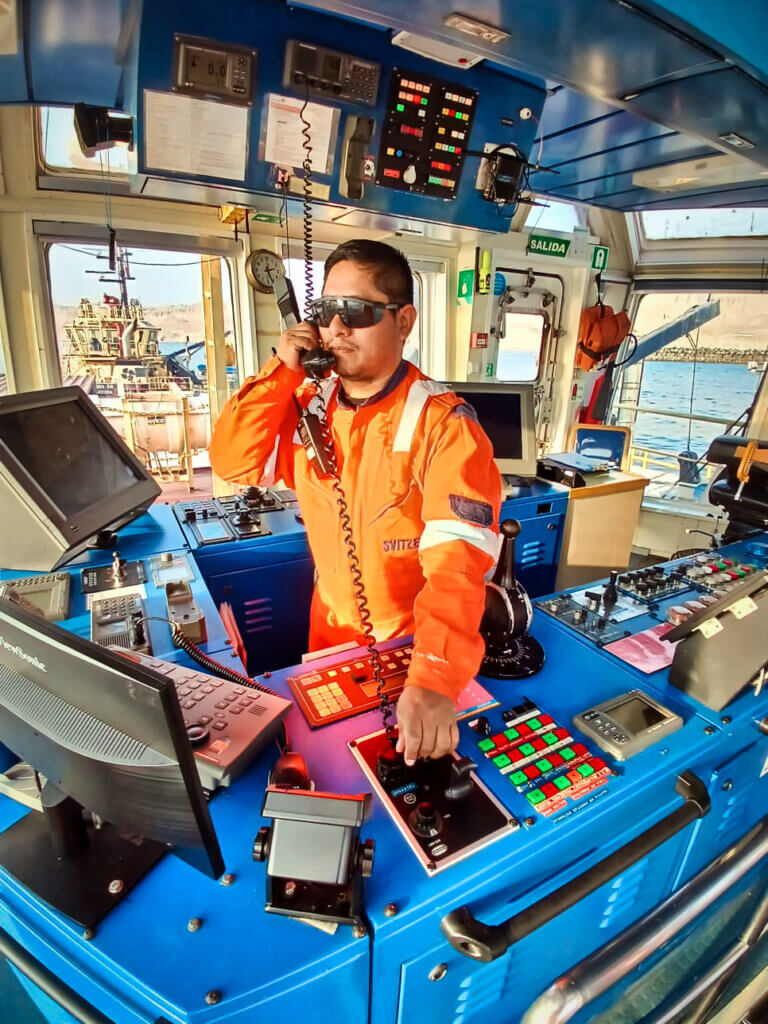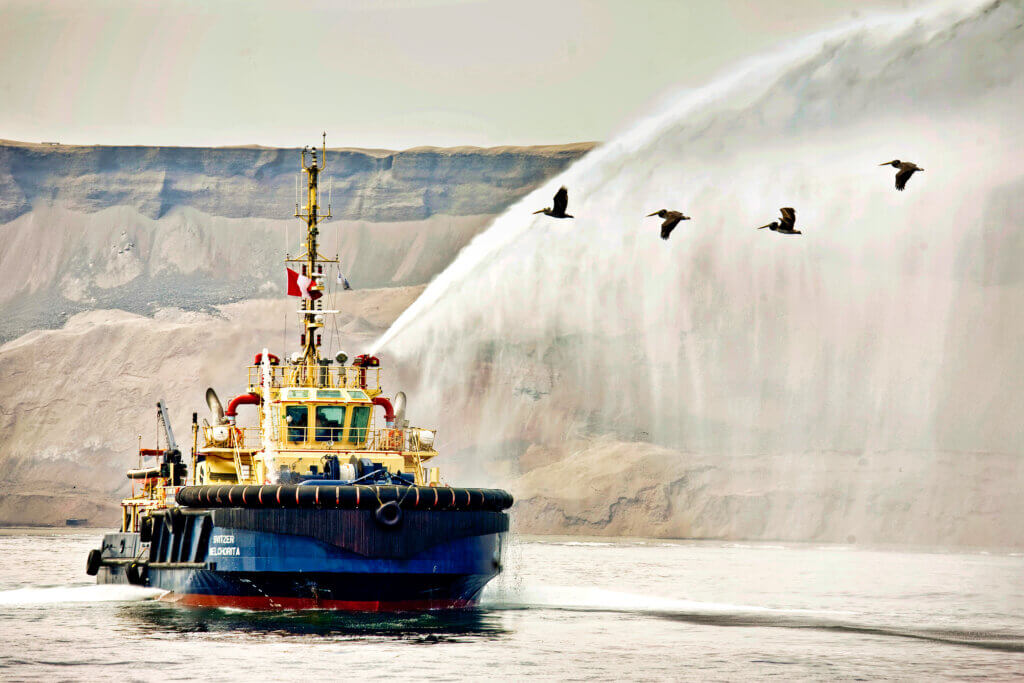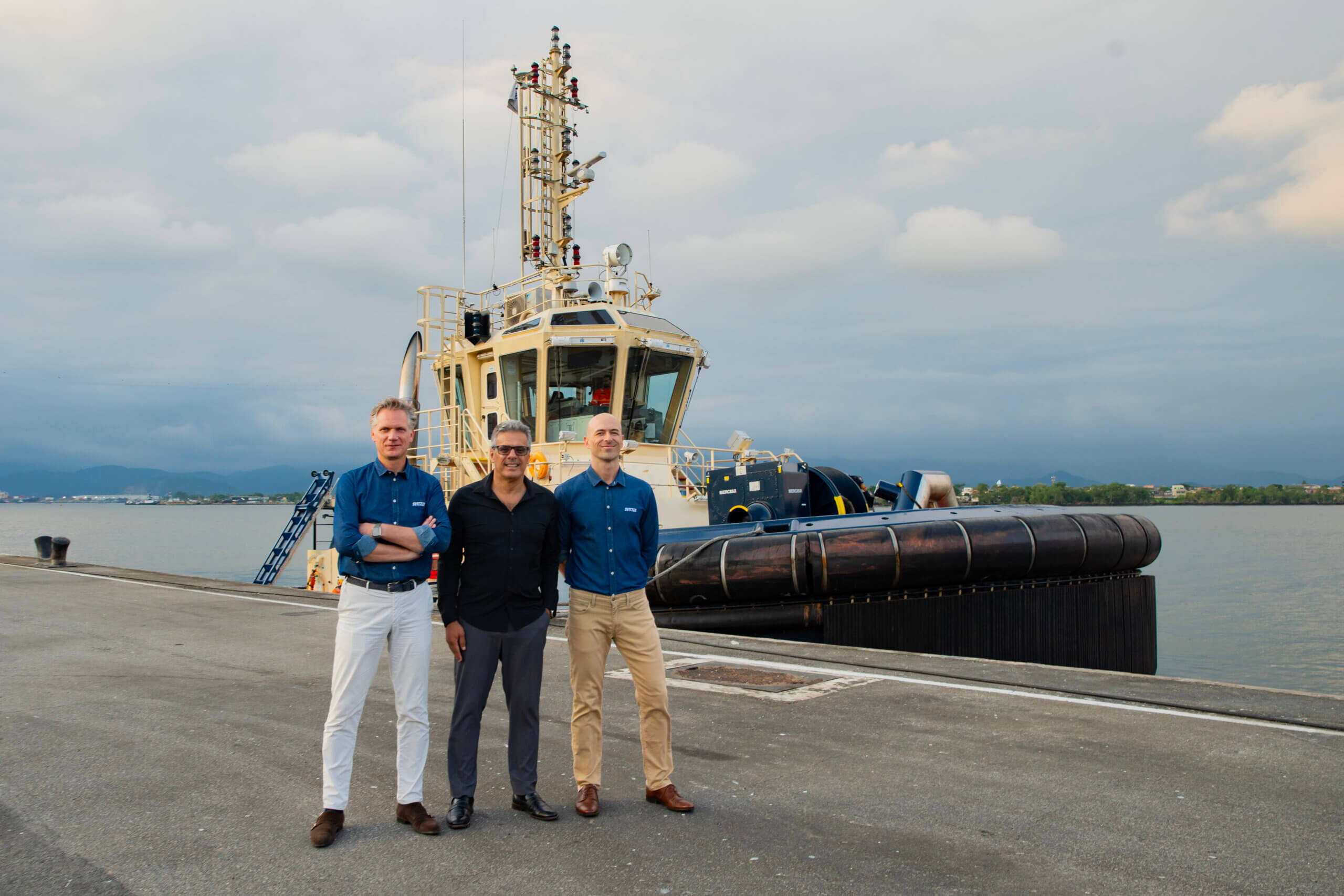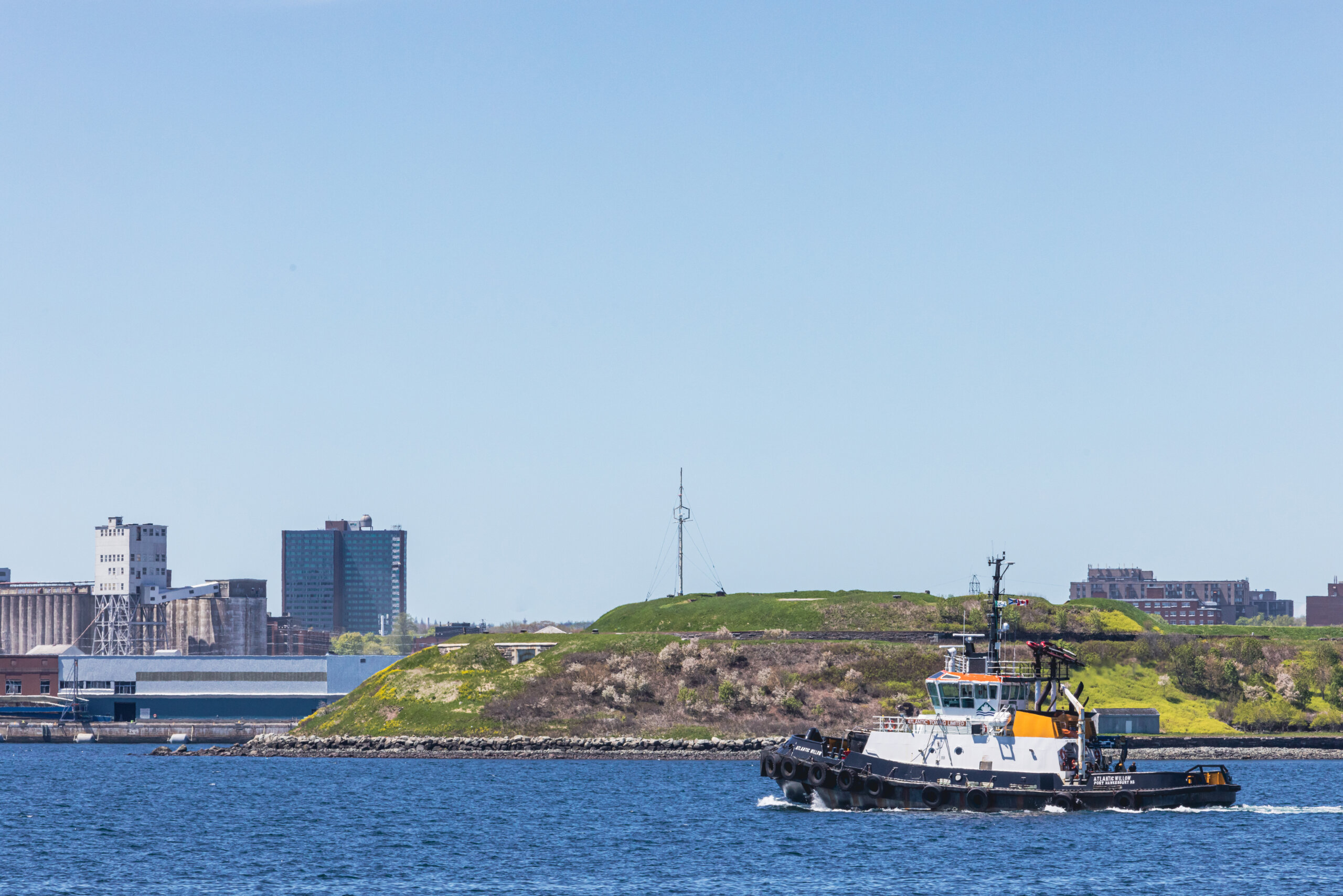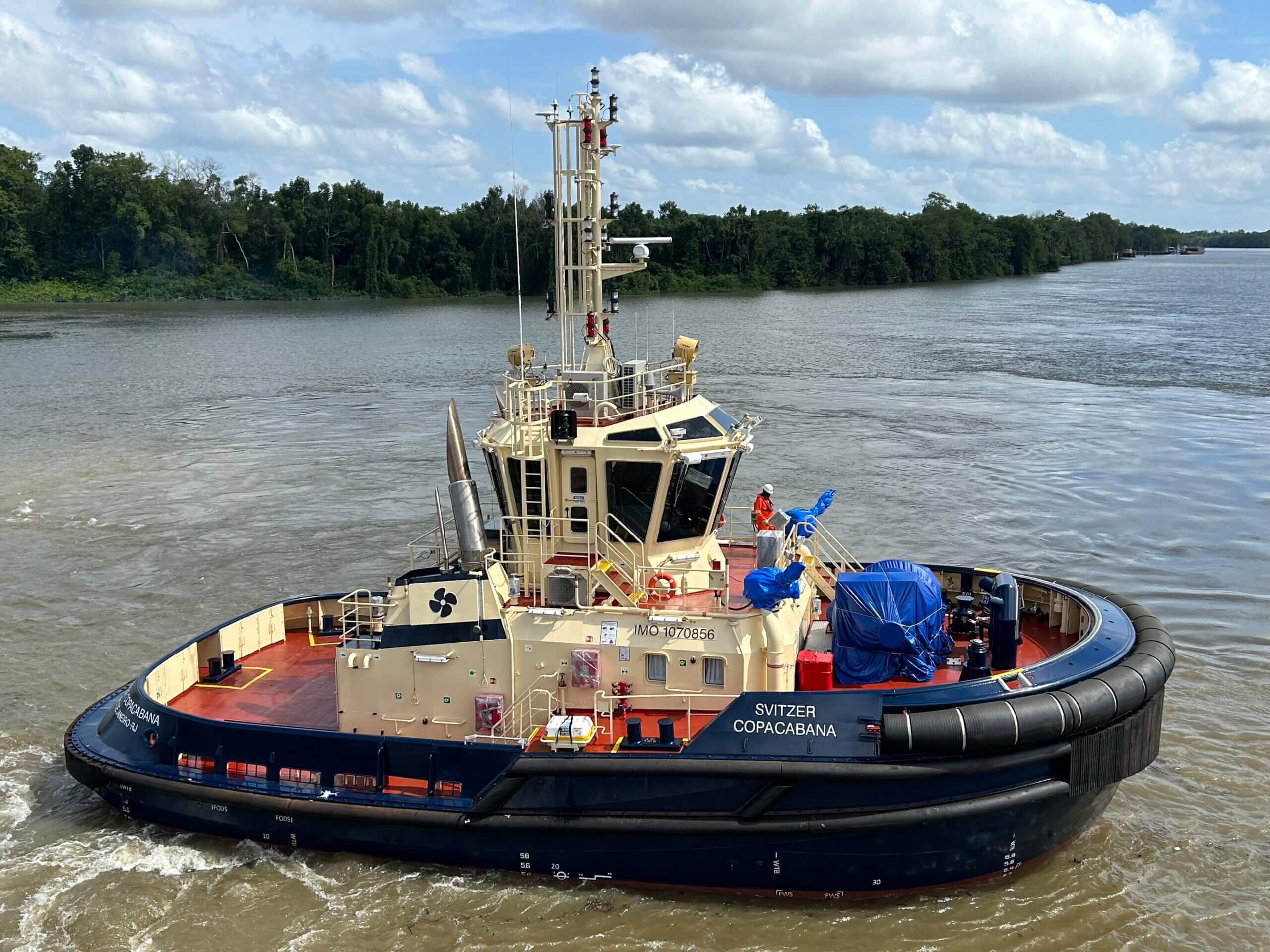
New tug Svitzer Copacabana strengthens operations in Brazil
New tug enhances capability to support large-scale operations, including the growing LNG segment in the country
To strengthen safety, precision, and efficiency in manoeuvring large LNG vessels, Svitzer — a Danish company and global provider of towage and marine solutions — has announced the delivery of the Svitzer Copacabana, a new tug that will join its fleet in Brazil. The vessel will reinforce operations involving FSRU units and expand service capacity in the country’s key ports.
The Svitzer Copacabana is the first of a new series of three tugs built by Estaleiro Rio Maguari, as part of the company’s strategy to expand its operational capacity in Brazil with vessels designed to serve different types of terminals and contracts.
“Operating large vessels, including LNG carriers, requires precision, preparation, and technology. That’s why we continue to expand our fleet and invest continuously in crew training. The Svitzer Copacabana represents our long-term commitment to the Brazilian market and our confidence in the potential for growth in the country’s port and energy sectors,” said Daniel Reedtz Cohen, Managing Director of Svitzer Brazil.
Equipped with an external FIFI-1 firefighting system, the vessel offers a key technical advantage for safe operations with LNG carriers. The Svitzer Copacabana is an ASD tug of the Rampart 2300 Series, measuring 23.2 metres in overall length, with a top speed of up to 13 knots and a bollard pull of 70 tonnes. By the end of 2025, Svitzer expects to operate 23 tugs in Brazil, consolidating its position as a benchmark in safety and operational excellence for towage infrastructure in the region.
The company continues to strengthen its ongoing training programs for Brazilian crews, using simulators, updated protocols, and specialised training routines to ensure high performance in demanding operational environments.
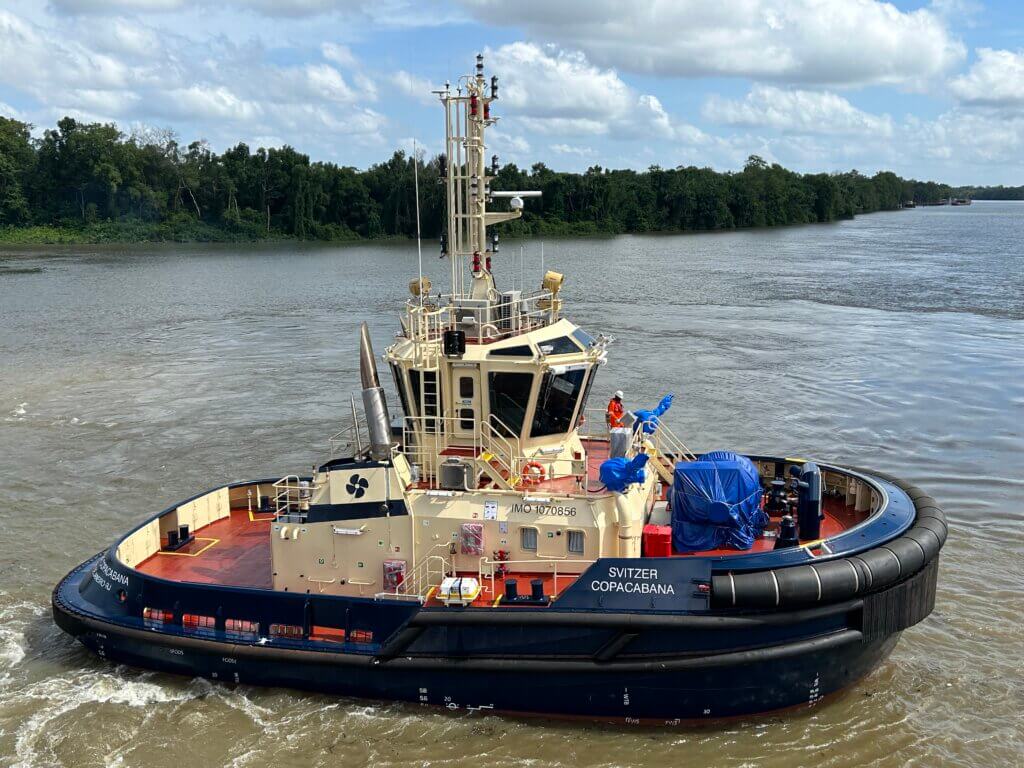
Novo rebocador Svitzer Copacabana reforça operações de GNL no Brasil
Novo rebocador fortalece a capacidade de atendimento a operações de alto porte, incluindo o crescente segmento de GNL no país
Com o objetivo de fortalecer a segurança, a precisão e a eficiência nas manobras de grandes embarcações de GNL, a Svitzer, empresa dinamarquesa e fornecedora global de serviços de reboque e soluções marítimas, anuncia a entrega do Svitzer Copacabana, novo rebocador que passa a integrar sua frota no Brasil. A embarcação chega para fortalecer as operações com unidades FSRU e ampliar a capacidade de atendimento em portos estratégicos do país.
O Svitzer Copacabana é o primeiro de uma nova série de três rebocadores construídos pelo Estaleiro Rio Maguari, como parte da estratégia da empresa de ampliar sua capacidade operacional no país com embarcações preparadas para atender diferentes tipos de terminais e contratos.
“Operar navios de grande porte, incluindo os de GNL, exige precisão, preparo e tecnologia. Por isso, seguimos ampliando a frota e investindo continuamente na formação da nossa tripulação. O Svitzer Copacabana representa nosso compromisso de longo prazo com o mercado brasileiro e nossa confiança no potencial de expansão das operações portuárias e energéticas no país”, afirma Daniel Reedtz Cohen, presidente da Svitzer no Brasil.
Equipada com sistema externo de combate a incêndio FIFI-1, a embarcação oferece um diferencial técnico importante para operações seguras com transportadores de GNL. O Svitzer Copacabana é um rebocador ASD da Série 2300 Rampart, com 23,2 metros de comprimento total, velocidade de até 13 nós e bollard pull de 70 toneladas. Até o final de 2025, a Svitzer deve operar 23 rebocadores no país, consolidando sua posição como referência em segurança e excelência operacional.
A companhia segue reforçando programas de capacitação contínua para tripulações brasileiras, com uso de simuladores, protocolos atualizados e rotinas de treinamento especializado para atuação em cenários de alto desempenho operacional.
